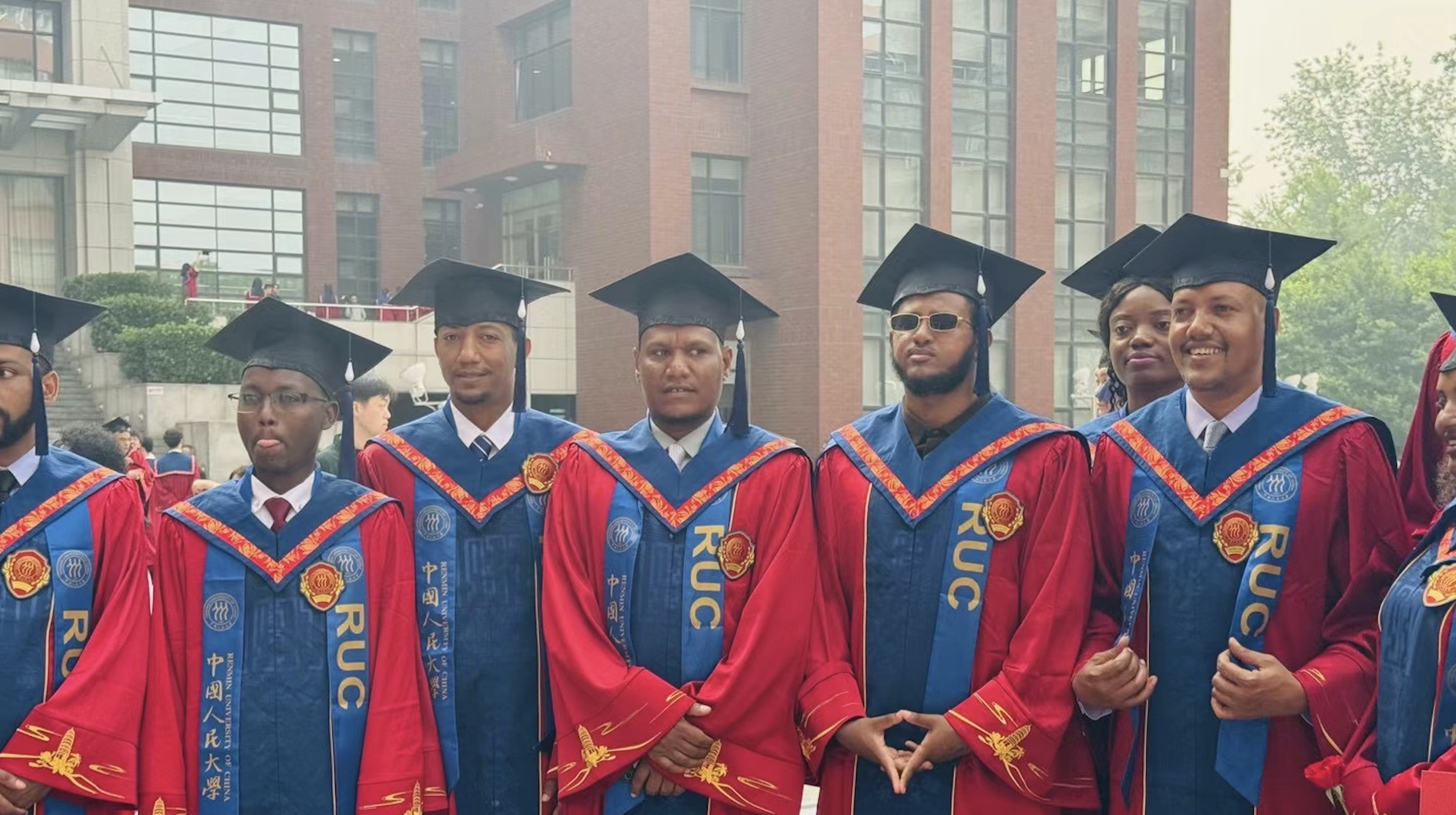
Tadiyos Tsegaye
| Ethiopia | Lecturer, Researcher & Consultant
Tadiyos Tsegaye

"Indigenous Social Associations and Connections as a Linchpin for Social Cohesion: Evidence from Gondar city, Ethiopia"
(DOWNLOAD For Full Paper)
Abstract
Many of the well established academic research and discourse on social cohesion has been originated from European countries and developed mainly from the experience of European societies. Some of the literature on social cohesion acknowledges prevalence of inequalities between societies and communities and views social cohesion as a tool to reduce these inequalities. Thus, there is a strong tendency to grasp social cohesion as a means of reducing inequality and ensuring economic growth, and stability. Accordingly, to some degree, social cohesion is conceived as being instrumental and utilitarian.Ethiopia, a country of rich cultural diversity and historical heritage, is a compelling case for analyzing social cohesion from a different perspective. In Gondar city, the study area, the concept is intrinsically entrenched in the community's culture. Although individuals can live a social life without being members of these social associations, their absence causes enormous losses in their social lives. Data collected through interviews and focus group discussions provide extensive information about the essence of these indigenous social associations and connections. Cohesiveness is inherently anchored in different indigenous associations and connections forged within the community. The focus on equality has been their modus operandi. They contribute to social cohesion by providing social support, promote solidarity, cooperation and trust, and share information and knowledge. Most importantly, it has been revealed that, leading a social life without membership is extremely challenging.
Keywords: Social capital, Social cohesion, Social associations, Gondar, Ethiopia


